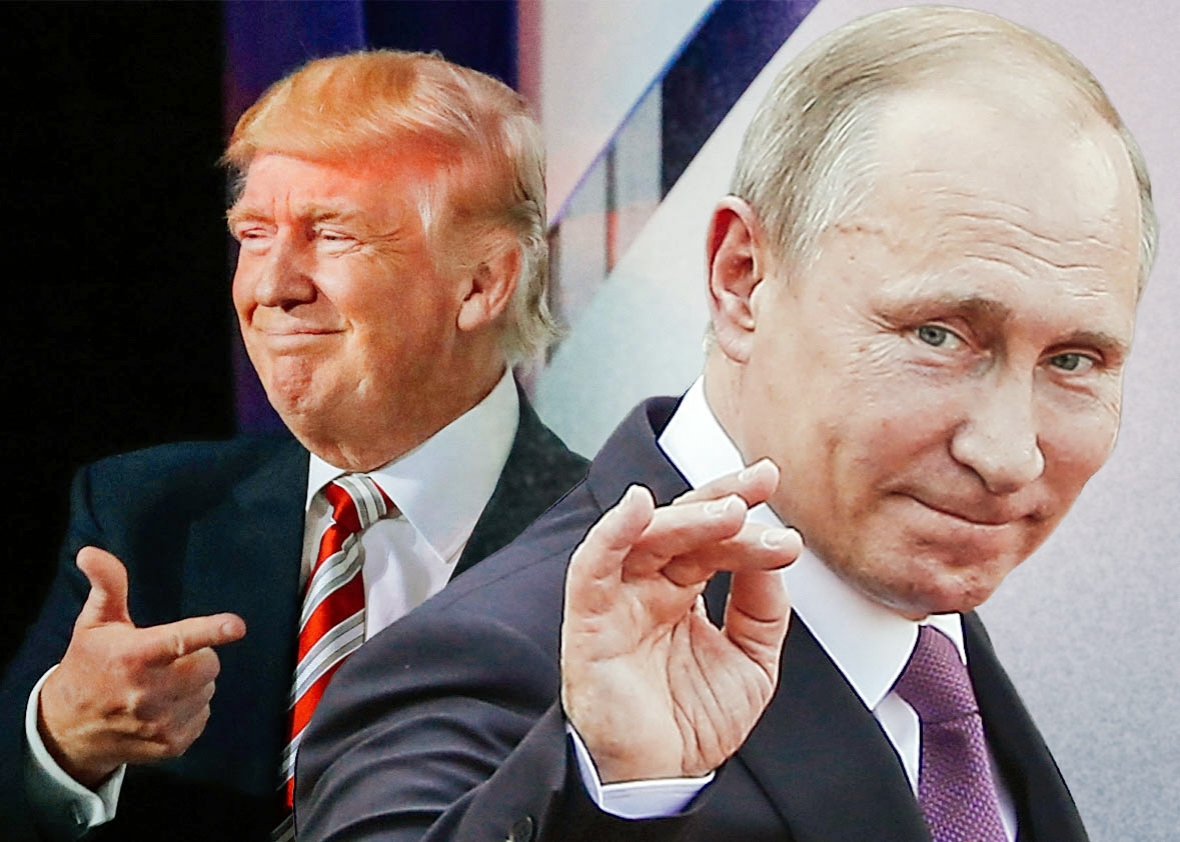
U.S.-Russian relations in the last days of the Obama administration have been uncharacteristically nervous. U.S. officials have claimed that Russian President Vladimir Putin was personally involved in the email hacking of the Democratic campaign, whose candidate, Hillary Clinton, suffered a crushing defeat at the hands of the Republican nominee and president-elect, Donald Trump.
With 30 days left in Obama’s term, we will not see any decisive acts on domestic or foreign issues, but we are seeing attempts to crush the images of Trump and Putin in the minds of Americans. The accusations of the Democrats meld the two fears into one and cast the Russian president’s shadow over the president-elect. This came to a boil with the secretary of state nomination, the oil giant, Rex Tillerson, who is a personal friend of Putin. He is set to join the rest of the cast of vital individuals (mostly generals) who are not friendly with the Russians but who do not want to pursue a hostile line with Moscow, as was the case in previous administrations. These past conditions led to global failures and a policy of a unipolar, U.S.-led front, not seen since the collapse of the Soviet Union. The media’s reaction to the split between the outgoing and incoming administrations expresses an unprecedented split among the Washington elite. It also confirms that Trump’s sin shocked the Democratic Party and governing institutions. Contempt for the president-elect also is evident in the CIA’s report, which might later tarnish the institution and jeopardize foreign policy.
If true, the report that Russia successfully hacked Democratic email accounts and changed ballots in favor of the Republican candidate would prove scandalous to the ostentatious and strong technological capabilities of the United States, and a victory for the Russians who have repeatedly denied it. But this was expected given the sharp differences between the Obama administration and the Russian presidency, against the backdrop of tensions in the Syrian war, the Ukrainian crisis, and other issues that led Moscow to impulsively thrust itself around the world. This impulse won’t be deterred until a re-balance takes place, as other international powers, such as China, openly support Moscow.
The current campaign by Russia in the White House leads U.S. elites to block any rapprochement between Putin and Trump. The instigators are many Washington allies, especially the Europeans, who are wary of any American understanding with Russia.
It is not unlikely that this campaign will warm relations between Moscow and Washington. Before he is sworn in, none of Trump’s policies are clear. His previous commitments and the generals who are shaping the White House administration have blown away all speculation as to what the role of the United States will be in the era of this new president.

Can there be any FAKE NEWS more fake than that Russia’s Vladimir Putin tried to sabotage the political process in the USA ? As if the plutocracy did not destroy democracy in America a long time ago.
[ http://radicalrons.blogspot.com ]